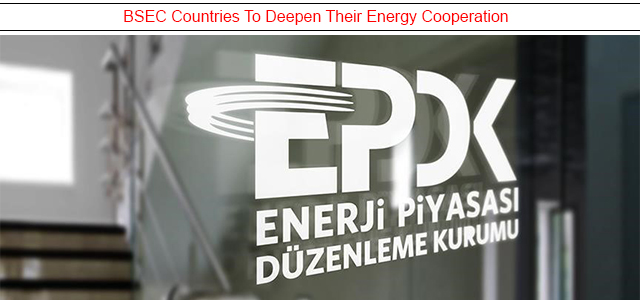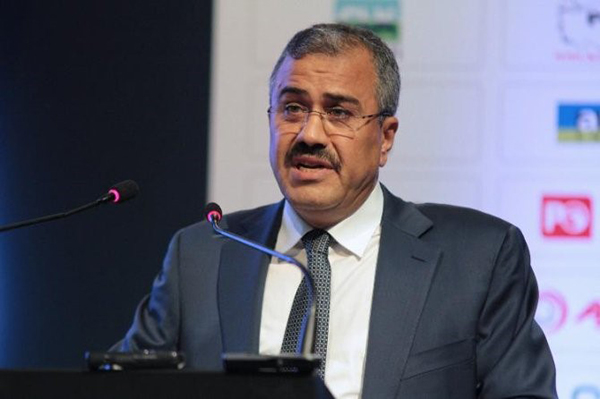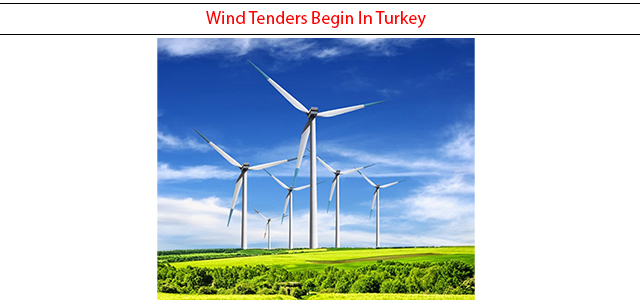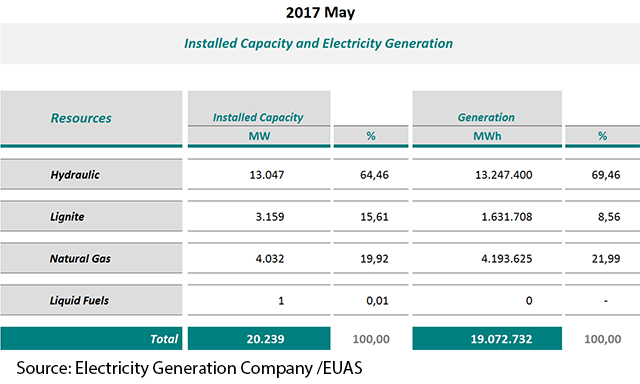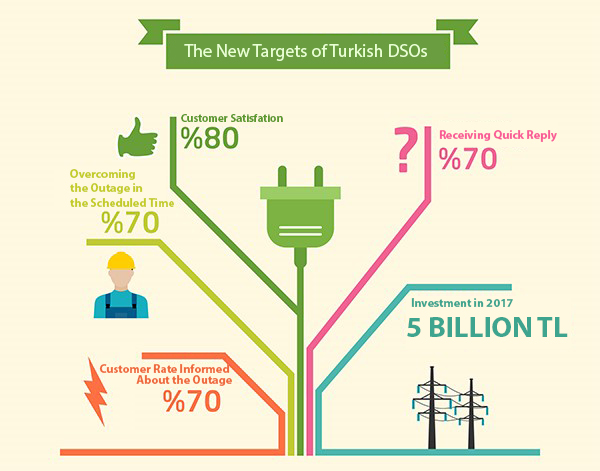Article
Estimating Marginal Cost of Quality Improvements: The Case of the UK Electricity Distribution Companies
By: Tooraj Jamasb, Luis Orea, Michael Pollitt
The main aim of this paper is to develop an econometric approach to estimation of marginal costs of improving quality of service. We implement this methodology by way of applying it to the case of the UK electricity distribution networks. The estimated marginal costs allow us to shed light on the effectiveness of the current UK incentive regulation to improve quality, and to derive optimal quality levels and welfare losses due to sub-optimal quality levels. The proposed method also allows us to measure the welfare effect of the observed quality improvements in the UK between 1995 and 2003. Our results suggest that while the incentive schemes established by the regulator to encourage utilities to reduce network energy losses leads to improvement in sector performance, they do not provide utilities with sufficient incentives to avoid power interruptions. We find that the observed improvements in quality during the period of this study only represented a 30% of the potential customer welfare gains, and hence there is still a large range for quality improvements.
